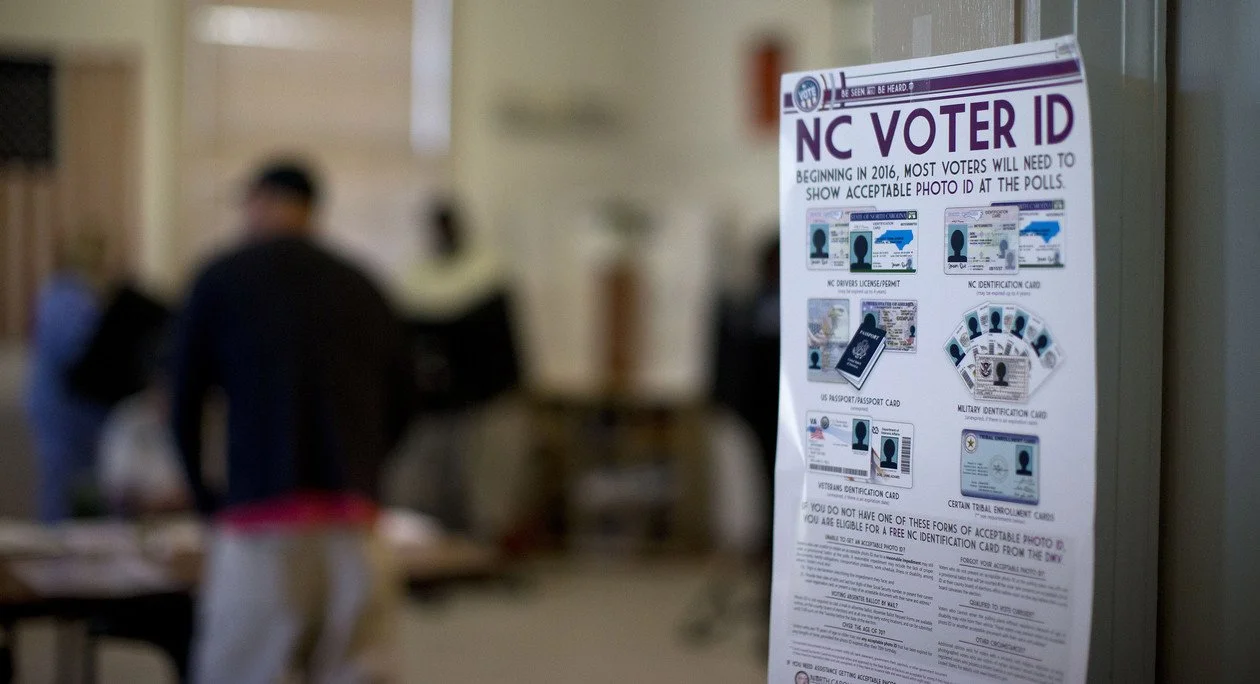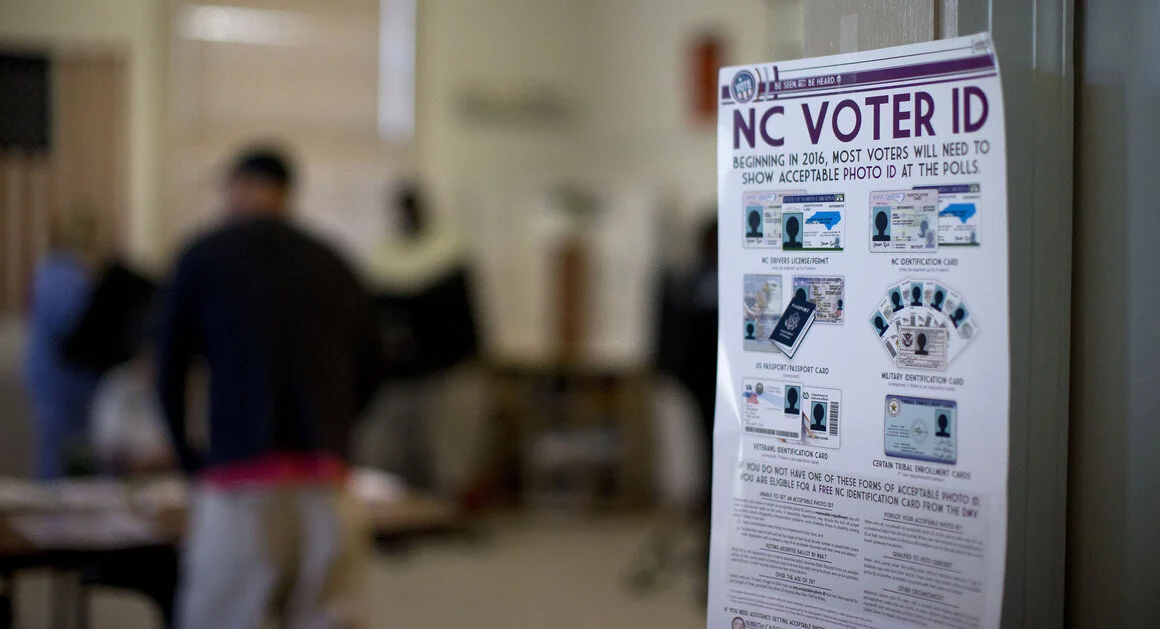Despite warnings that Virginia’s voter purge was not narrow enough to catch only noncitizens, the state pushed on. Disturbingly, many citizens were unaware they were removed until contacted by advocacy groups or news outlets.
Read MoreWhile touted as an election security measure, the SAVE Act, has significant potential to disenfranchise American voters, especially married women. For a group of citizens who gained the right to vote just over a century ago, the possibility of being turned away at the polls represents a dangerous step backward.
Read MoreIt may seem like North Carolina is working harder than the devil to disenfranchise voters with one or multiple marginalized identities. Though when everything’s said and done, the efforts will backfire.
Read More“At face value, this conflict might appear as no more than a partisan power grab at controlling the status of S.B. 824 — a frequent occurrence in our contemporary political system. Yet, the effects of this case are more pivotal and far-reaching. If a Supreme Court decision favors Senator Berger and Representative Moore, the legislature will be granted broad autonomy regarding intervention in future cases. A move in this direction might blur the lines between the roles of the Legislature and the Executive, and thus create a more nebulous governmental landscape.”
Read More“A three-judge panel recently struck down North Carolina Senate Bill 824, a law enacting a photo voter ID requirement, saying that it would unfairly target Black voters and is therefore unconstitutional. How did we get here and what is next for voter ID requirements in the Tar Heel State?”
Read More“North Carolina voters could be forgiven for forgetting about North Carolina’s Voter ID requirements, as they did not have to deal with them last fall due to injunctions issued by a federal judge and by the North Carolina Court of Appeals in separate cases. The State’s current Voter ID Law, Senate Bill 823, was passed in late 2018, over the veto of Governor Cooper, and is currently being challenged as unconstitutional for intentionally discriminating on the bases of race in the case of Holmes v. Moore, a tough thing to prove given the legislative history of the bill.”
Read More





